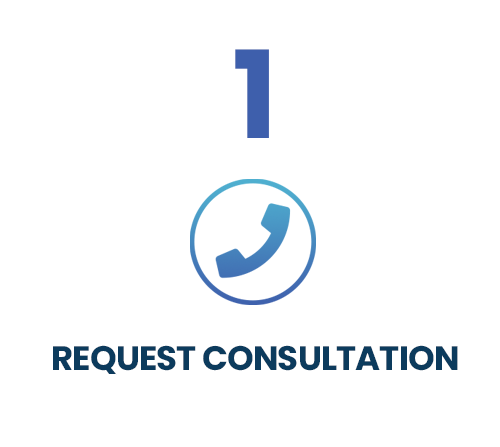
Listen and subscribe on Apple Podcasts, Google Podcasts, Amazon Music, and Spotify.
In this episode, Clay Keel, President of Keel Farms & Keel + Curley Winery, explains what it takes to be a successful purpose-driven entrepreneur and insights into how Keel + Curley scaled to offering their wines in over 800 Publix locations, while remaining committed to their core value of sustainability. Keel + Curley Winery is an official partner of the Tampa Bay Buccaneers. Their wines can be found in Publix, Total Wine, ABC, Walmart, Winn Dixie, and more.
On Keel Farm’s Success Since He Became President: “I think Florida’s a great place to do business, and the last four years it’s been a great place to do business, thankfully. And we’ve benefitted from that – so many people and so much business coming to the state of Florida. And secondarily, it’s just been the people, right? The people that are working with me, and then the people that we’re able to get in here as customers and get loyal to the brand. Those two factors have made [the business] a success over the last five years.”
The Challenges of Working in a Family Business: “You really can’t include a lot of emotion in those business decisions in a lot of instances, and to try to separate the emotion from a family situation, from a business situation, is extremely challenging… I think a lot of it was setting expectations right in the beginning, with, ‘Hey, this is my role, this is your role, this is how we’re going to work together.’ And then from there, it’s just tons of communication, just like any other relationship.”
Putting Family First: “One of my goals, if [a huge success] ever happens, great, but I don’t want that to happen and then not have my family there to celebrate that with me. And friends, right? For me personally, it’s one of my top three goals, and I think it needs to be there at the top.”
Keel Farm’s Values: “Our values are quality, sustainability, and community. That’s sort of overarching of everything we try to do here. And I think that comes through a little bit in the wine. We’re a local Florida brand. Everything’s made here in Plant City, outside Tampa. It’s a small community, and we employ a lot of people in this community. And then we’re using sustainable practices when we make it… it’s very authentic, farm-branded. And you can come here! Our biggest asset is our tasting room. People come here and they see the blueberries, they see the strawberries, they see the winery, and they go, ‘Man…’ And it tastes good! Quality is the most important thing. It has to taste great, otherwise the rest of that is just for fun. All of that together, I think it comes through onto the product and sets us apart on the shelf.”
The Official Sangria Partner of the Tampa Bay Buccaneers: “We worked out a deal with the Bucs, and it’s super neat that they’re focusing on working with small suppliers like us… We’re the official Sangria partner. And it’s awesome to partner with such a well-known brand. And that was one of the things that put me over the top, right? The amount of interactions, you know, it’s in the millions weekly, just social media interactions that they have with their fan base. It’s just insane… For us it was really a legitimacy play, I think, where we could say, ‘Hey, look, we’re partnering with a really big, successful brand in the Tampa Bay Buccaneers,’ and I think it has succeeded in that.”
Advice for Other Purpose-Driven Brands: “I think it’s important to find why you’re doing it. Because it’s going to get really hard. It’s going to get really exhausting and repetitive and challenging… But making wine and farming blueberries and getting to see smiles on kids’ faces when they meet our goats and our chickens, I mean, that’s pretty great. That’s pretty rewarding. So that’s one of my whys. And then the other one is the people… Seeing that growth and getting that gratitude back, I don’t think there’s anything you can buy that feels that good.”
Work for Your Whys: “Simon Sinek talks about the infinite game… Business is like that. There’s always going to be challenges. There’s going to be people doing it when you’re gone. The rules are pretty loose, they’re not firm. Your competitors aren’t necessarily going to be following the same rules that you’re following. Understanding all of that stuff, it takes a little bit of a load off, because when you say, ‘I’m going to get here by that point, and then i’m gonna be done, I’m gonna be finished.’ – either you don’t get there, or you do get there, and then you go, ‘ Well, that’s it? Now I’m here.’ But I think if you understand the infinite game and you’re doing it for those whys, then you’re gonna do great.”












